The university is dead and we killed it.
What once was an institution forged upon the foundation of free knowledge, research, and discovery has today been wholly captured by the forces of commodification. Across campus, faculty and students have been reduced to statistical abstractions, little more than inputs into the newest models and metrics. Degrees are viewed as transactional. Funding is determined by a return on investment. Intellectualism is a liability, a hindrance to profits and growth. Faculty positions increasingly fall victim to adjunctification as bureaucracy fattens. Graduate stipends remain dismally stagnant as the cost of living skyrockets. And now entire departments face elimination, sacrifices at the altar of managerial stewardship. The message is abundantly clear: A Falcon’s worth is conditional, not absolute.
But it doesn’t have to be this way, a point that’s best illustrated by the university’s own data. First, and foremost, revenue is projected to increase to a mind-boggling $331.3 million in 2025 (a 4.6% increase from 2024). Second, student enrollment has climbed 3.9% from 2023 to 2024, and student retention has climbed from 77.5% in 2014 to 81.6% in 2023. Finally, student academic performance has strengthened with the state of Ohio expecting BGSU’s share of State Share of Instruction (SSI) to increase by $2.4 million due to “…BGSU’s continued performance in successful course completion and degrees granted relative to peers.” So why then this pervasive rot? What it comes down to are skewed administrative priorities. This includes the growing imbalance between faculty and administrators. For example, since 2022, a meager fifty-five faculty positions have been filled when compared to eight-six administrative positions. If broken down further, we see that for every administrator there’s only 1.5 faculty members. Furthermore, recent moves toward graduate program divestment, which disproportionately affect the humanities, provide just another such example. Yet surely more shall follow; you’re only as safe as the market allows.
Thankfully, we have the ability to resurrect what once was and recommit ourselves to the principles that inspired generations of Falcon’s. We can confirm to first-generation and working-class students that a well-rounded education—a diversity of experiences which incorporates the humanities and STEM—are not reserved only for the wealthy and well-connected. We can mitigate the financial precarity placed upon our graduate students by aggressively targeting food and housing insecurities. We can update our aging infrastructure to ensure that all students have the means and ability to belong, go far, and stand out.
To accomplish such reforms, however, requires robust change. United, faculty and students must begin by demanding that the administration champions responsible growth. That institutional support extends indiscriminately to all and encompasses intellectual as well as financial protections. That the administration believes, above all else, in us. All of us. While these are just a few ambitious suggestions, it’s never been more important that we make our voices heard. If we’ve truly embraced the model of commodification then customer satisfaction must reign supreme. It’s time to say that we’re not impressed. It’s time to say that enough is enough.
If we can do this we may finally, truly, embody what it means to be a public university for the public good. Until then, they’re nothing more than hollow words for an increasingly hollow institution.
– Chase W. Fleece and Jack Lawrence are Graduate Teaching Assistant’s in the Department of History




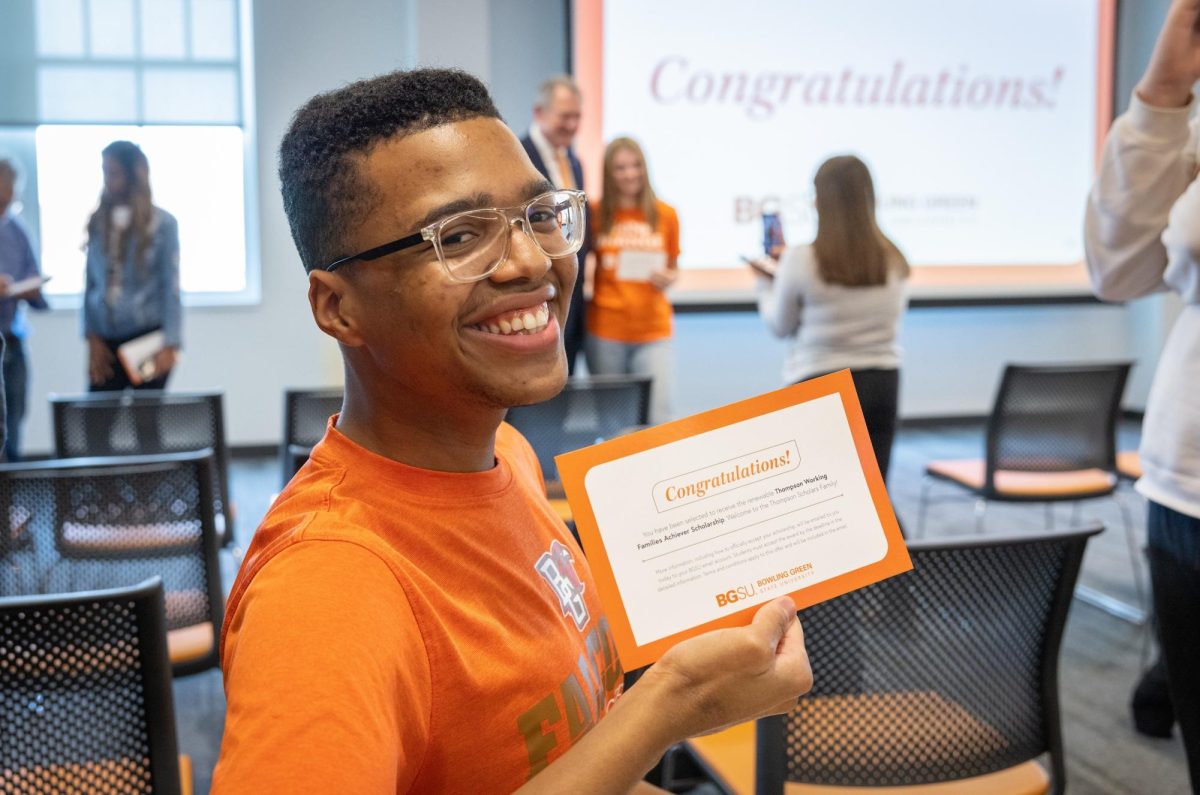
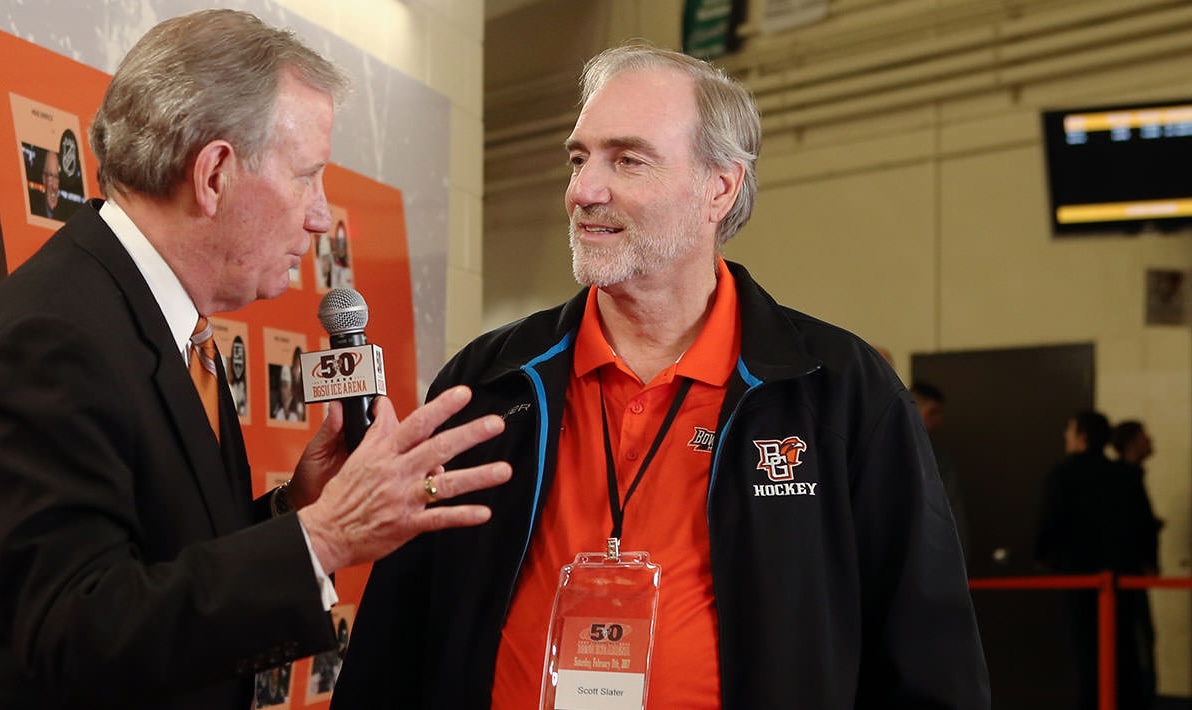
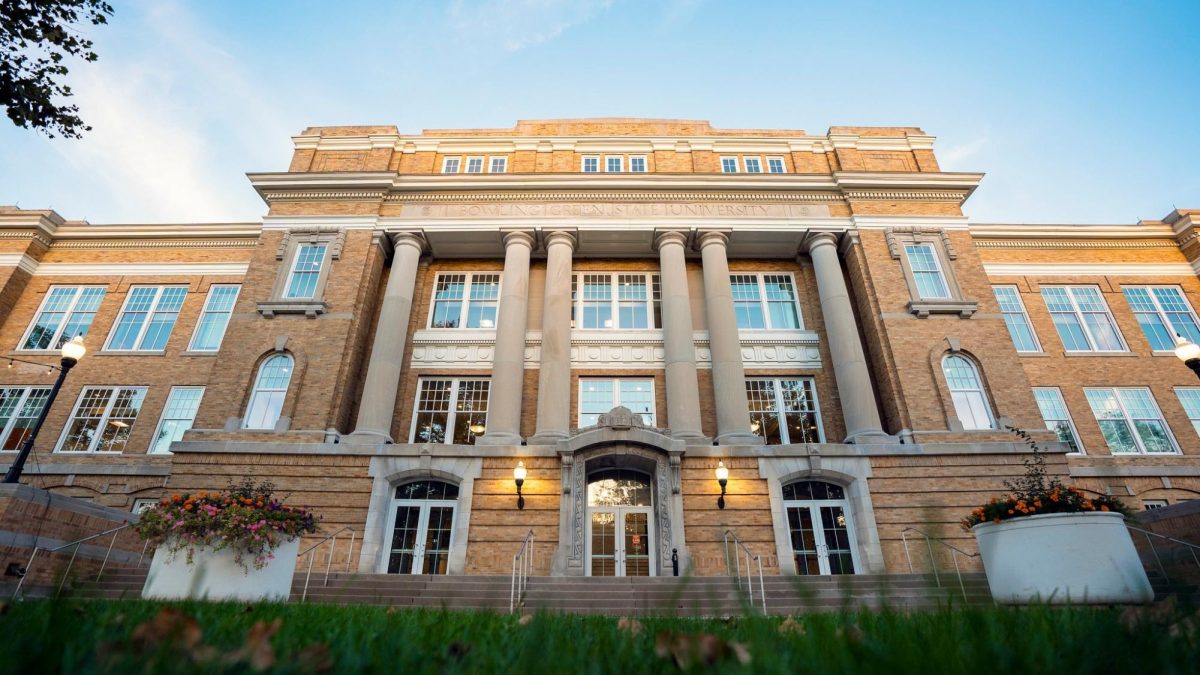

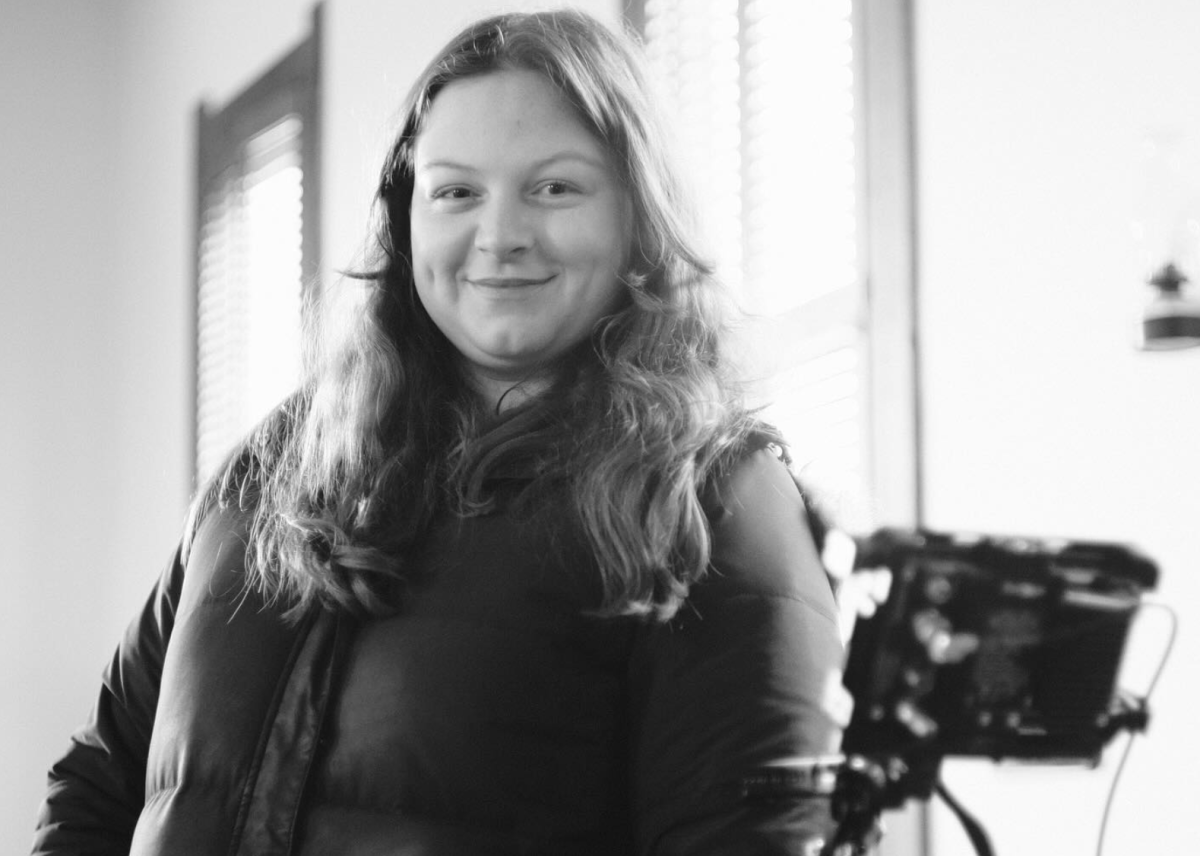
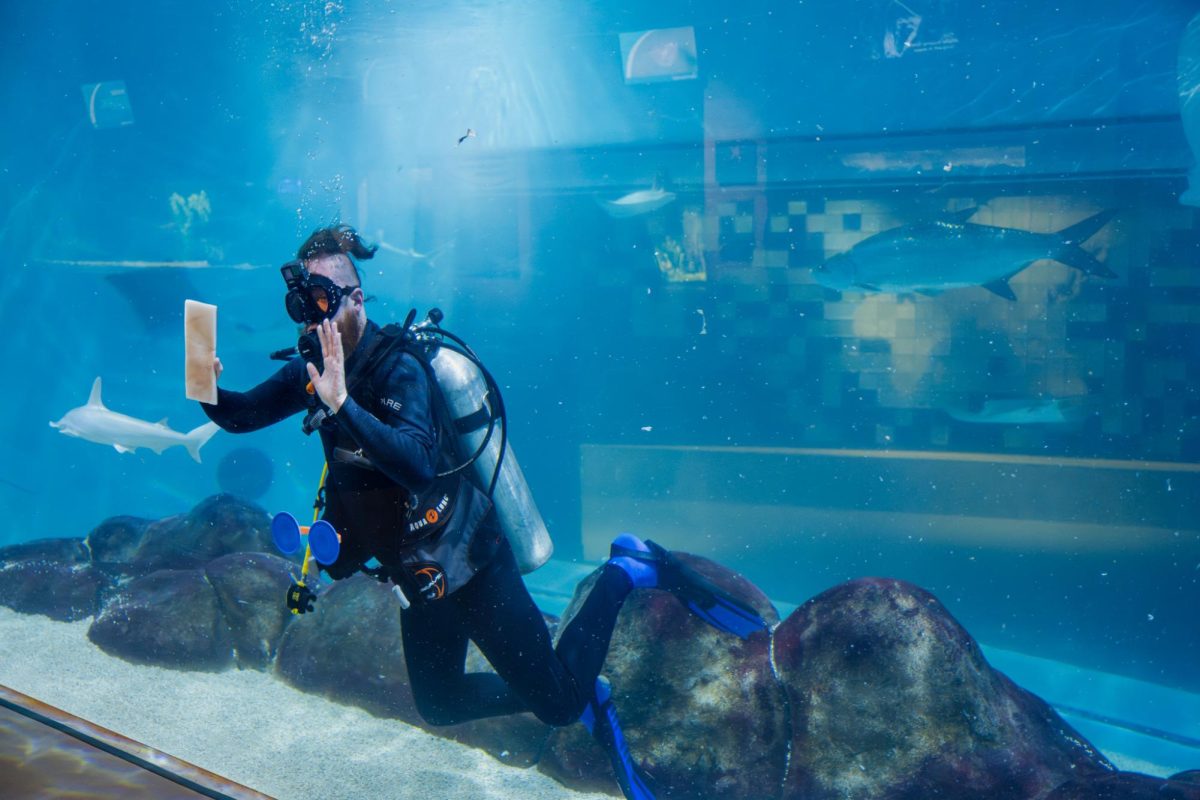

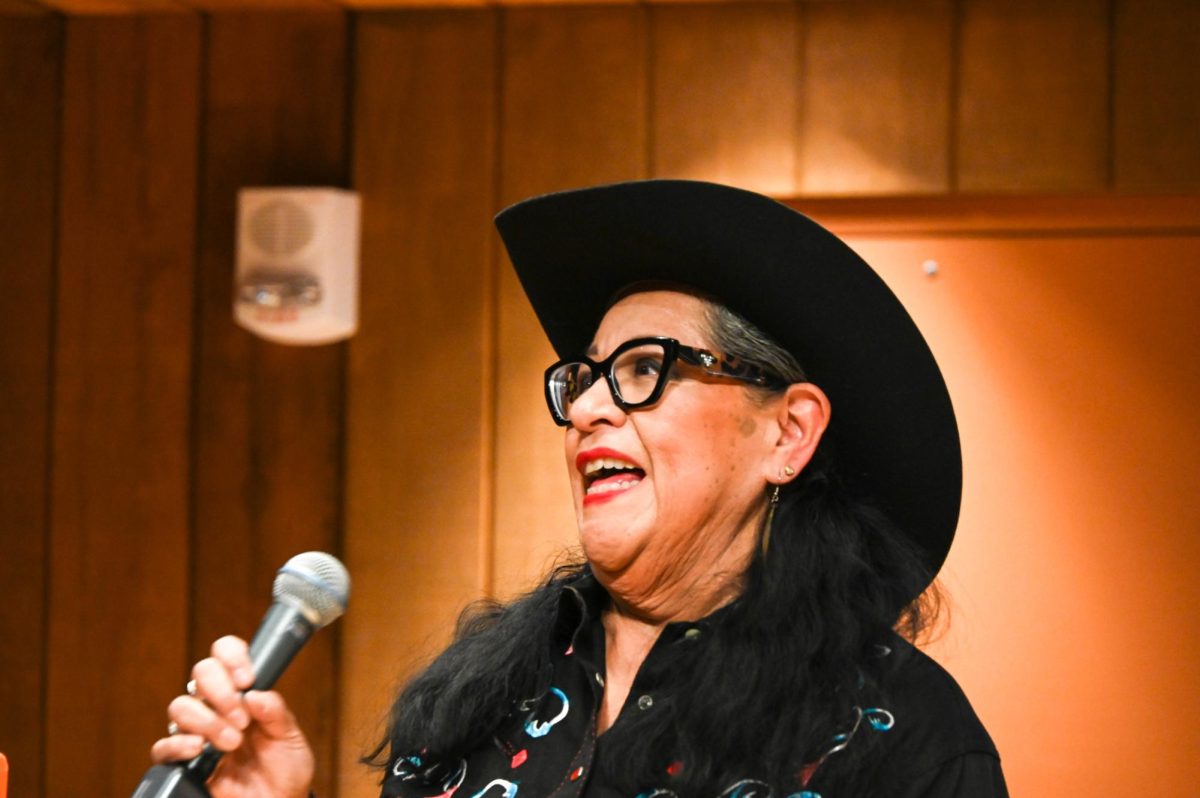
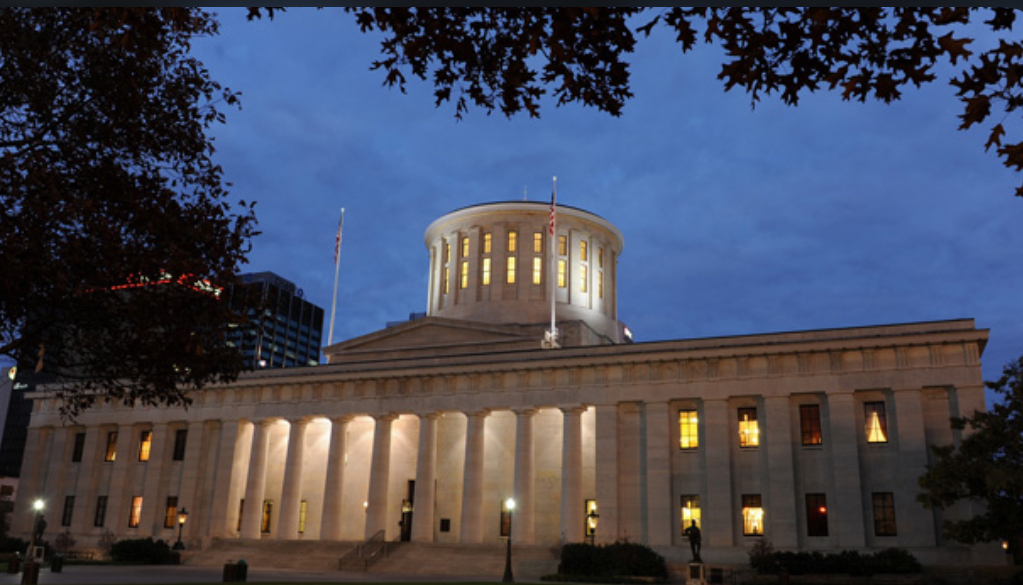
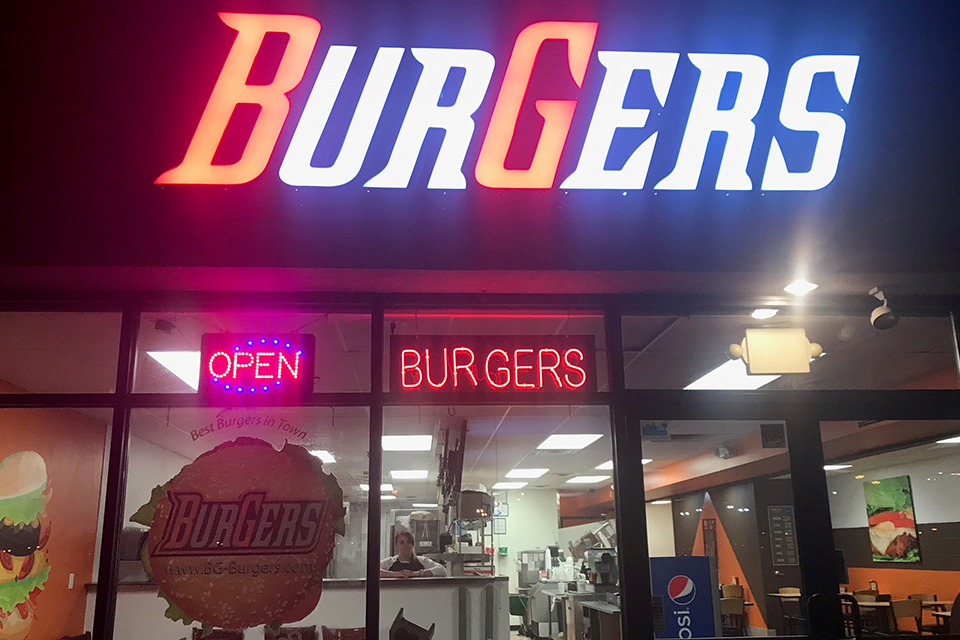






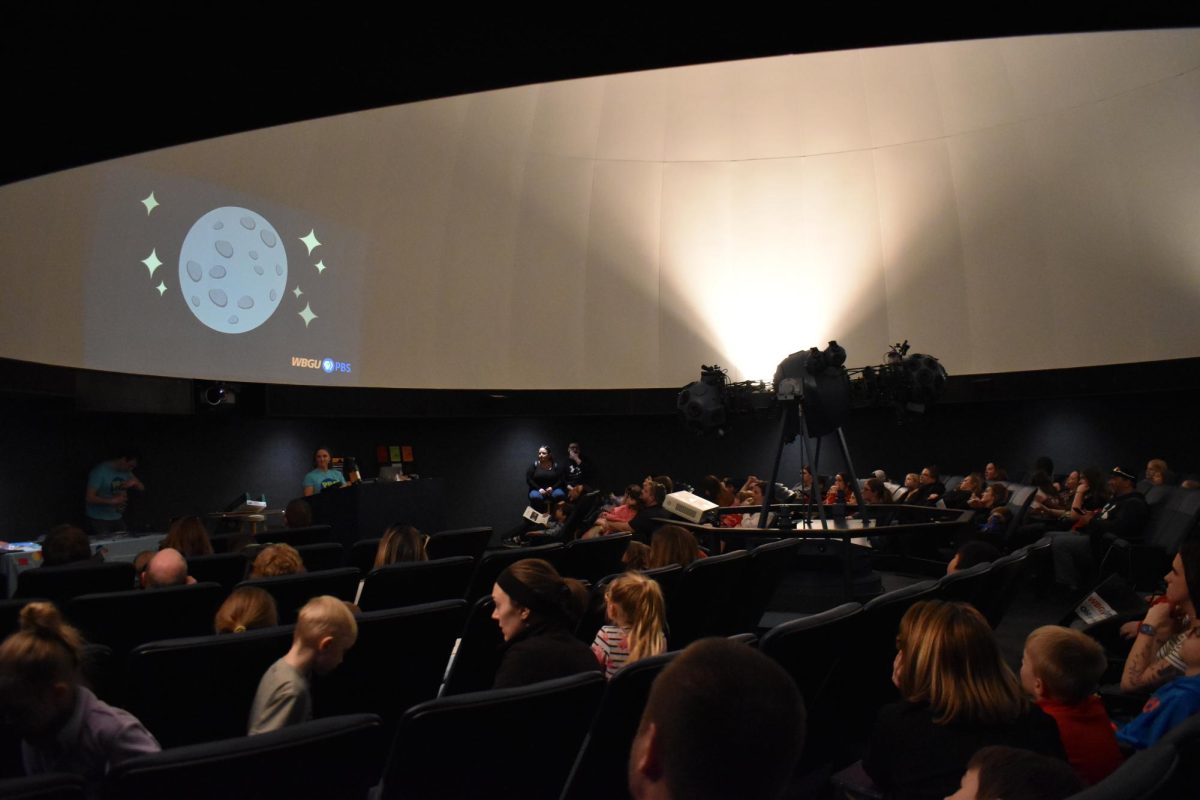
Gabriel Rodriguez • Jan 15, 2025 at 1:14 pm
Great piece Jack and Chase! You really hit at the main problems with universities in relation to graduate studies and say hard truths.